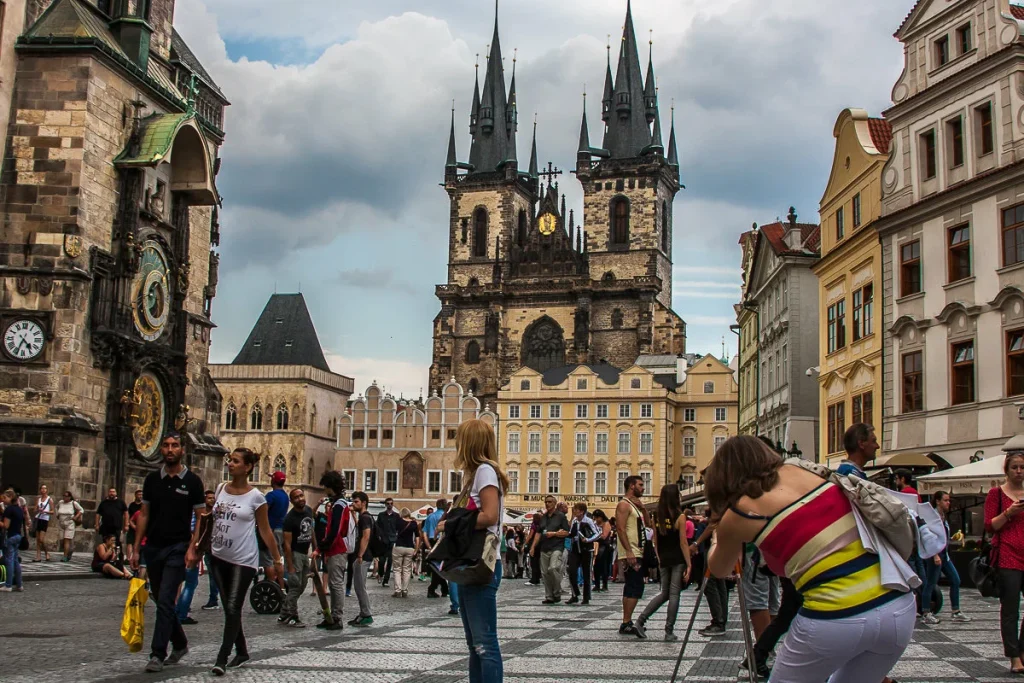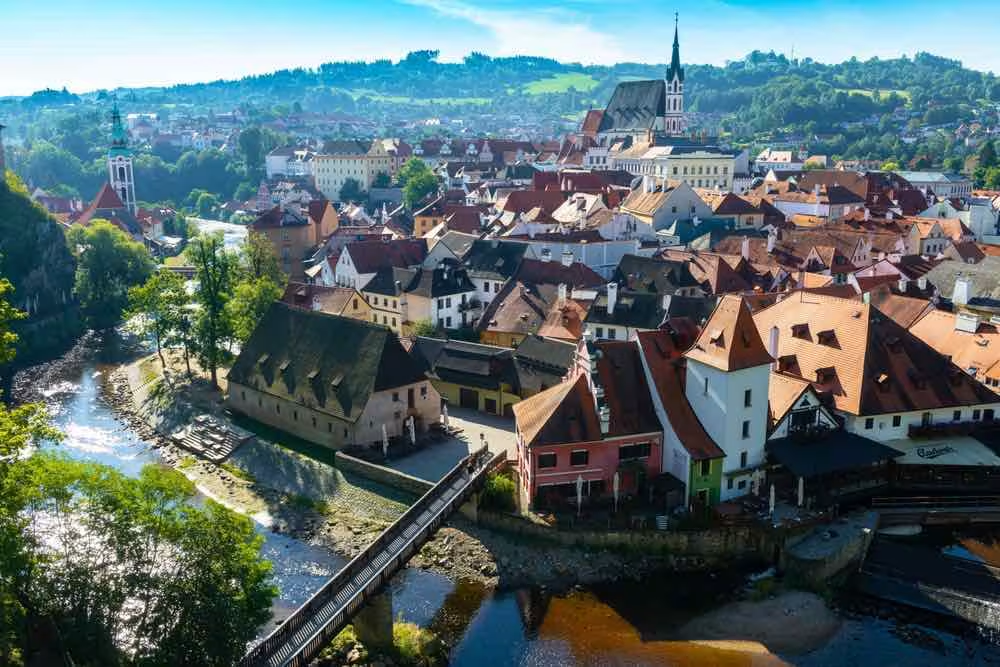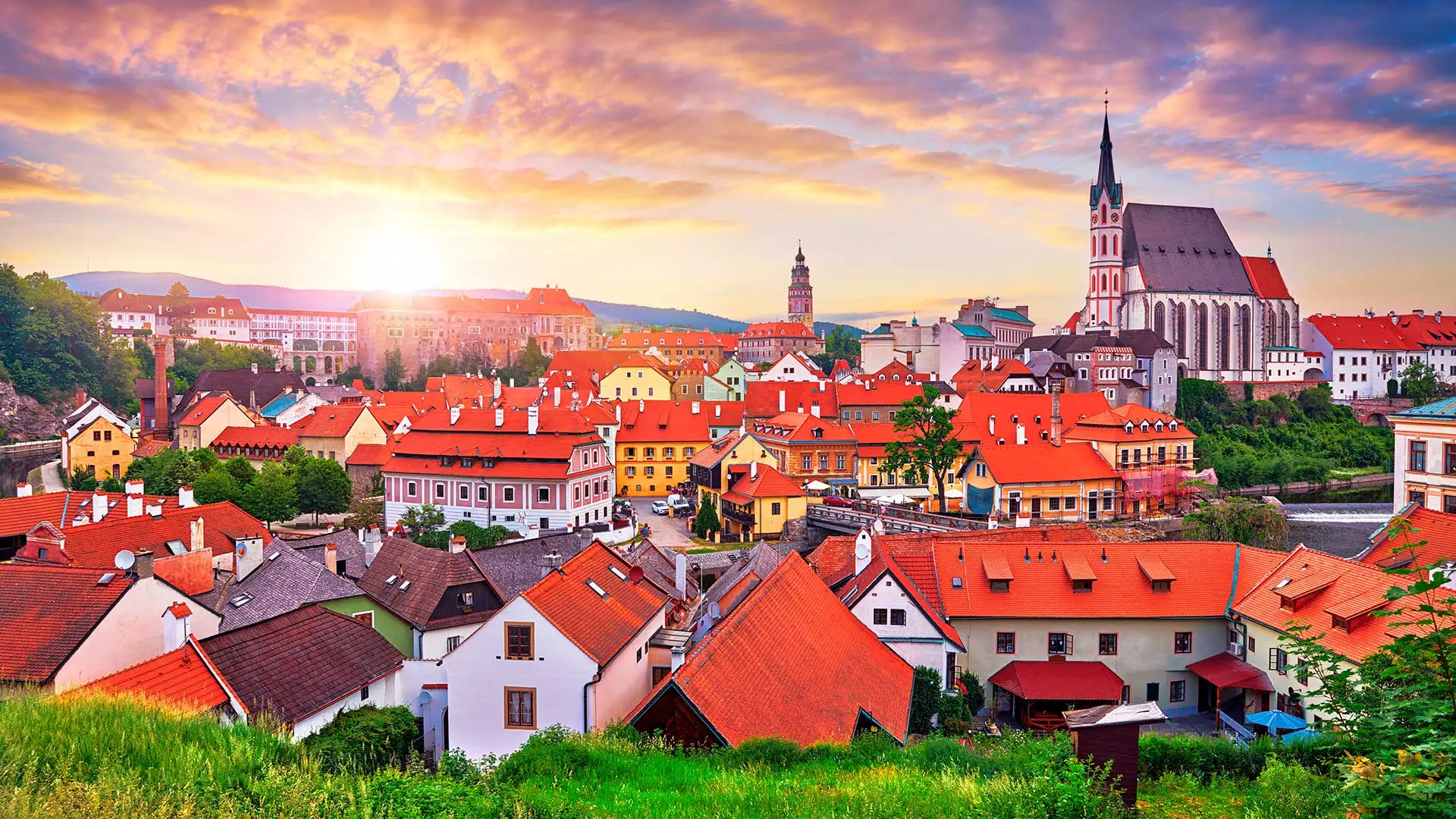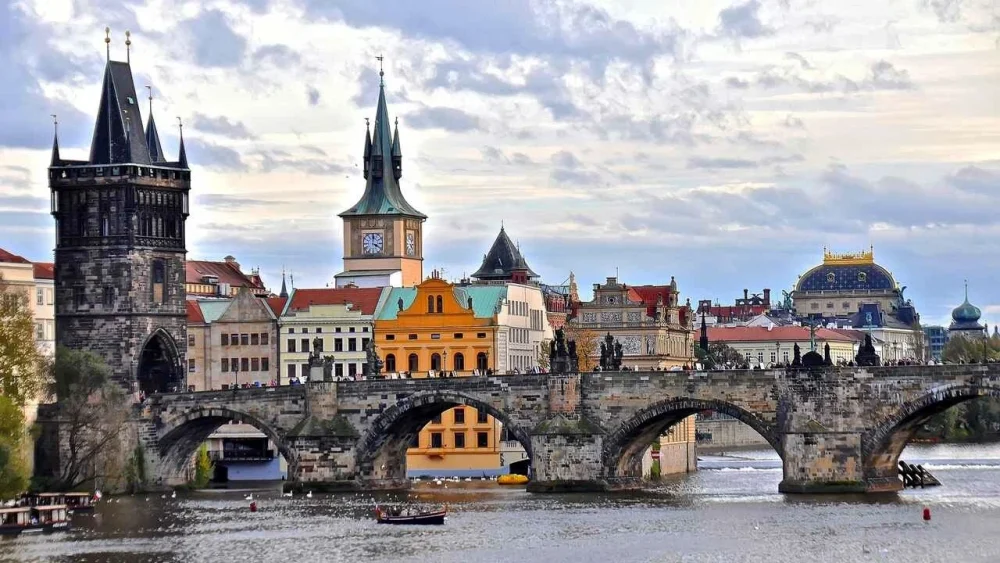The Czech Republic is a country of medieval castles, cosy streets and a stable economy. It is no wonder that many people think about moving and buying property here. However, like any decision, there are bright and dark sides to living here. What are the pros and cons of living in the Czech Republic that you should consider before taking such a big step? Let’s tell you in the article.

The pros of living in the Czech Republic: what attracts foreigners
The country is deservedly considered one of the best countries to emigrate to due to its stable economy, high social standards and rich culture. Let’s take a closer look at what aspects of life here really make it attractive to foreigners.
Economic stability and high standard of living
The Czech economy has experienced a significant recovery since the country’s accession to the EU in 2004. GDP growth has remained at 2-4% annually and unemployment is consistently low at only 3%. This rate is below the European Union average, providing jobs for local and visiting professionals.
The average salary in Prague is around €1,800, which helps to cover the costs of housing, transport and leisure activities. In smaller cities such as Brno or Ostrava, incomes are slightly lower at around €1,200, but the cost of living is also much lower. The high standard of living is reflected in the availability of quality goods, modern technology and well-developed infrastructure.
For entrepreneurs, the Czech Republic offers favourable conditions for starting a business. The tax rate for companies is 19%, which is lower than in neighbouring countries such as Germany or Austria. Developed logistics and support for small businesses contribute to the prosperity of new enterprises.
The pros and cons of living in the Czech Republic should always be evaluated from an economic point of view. Stability, high incomes and availability of services play a decisive role for many emigrants.
Quality medicine and a developed social sector
The country is famous for its healthcare system, which is ranked among the top 20 best in the world by the World Health Organisation. The network of hospitals and clinics covers the whole territory of the country, and medical centres are equipped with modern equipment.
Every resident of the Czech Republic is obliged to have health insurance. The cost of the insurance premium is about €100 per month for a working person, and medical care is free for children and pensioners. This system ensures that every resident has access to quality care.
The social sector is also well developed here. Free schooling for children with residence permits and access to higher education in English make the country attractive for families with children. The pension system is stable, providing decent payments for senior citizens.
The disadvantages of living in the Czech Republic: what you need to know in advance
 Despite the many advantages, living in the Czech Republic has its disadvantages. These nuances can seriously affect the decision to move and buy a property.
Despite the many advantages, living in the Czech Republic has its disadvantages. These nuances can seriously affect the decision to move and buy a property.
Bureaucracy and difficulties with documents
Czech bureaucracy is often a headache for emigrants. Obtaining a residence permit is a complicated and lengthy process. What documents are needed to obtain a residence permit in the Czech Republic? These are a certificate of income, health insurance, a contract of rent or sale of housing and confirmation of no criminal record.
The application process takes from 3 to 6 months. During the pandemic, the timeframe increased to a year. There are often difficulties with the translation of documents and the need to have them notarised. An error in one document can lead to a rejection and the need to start the process all over again.
Taxes in the Czech Republic for foreigners
The taxation system is different from the Russian system and requires attention. Taxes include income tax, social contributions and health insurance. The income tax rate is 15% for incomes up to €2,000 and 23% for higher amounts.
In addition, property owners pay an annual property tax. In Prague it is around €150-200 for a medium-sized flat. In the regions the tax is lower, but it must be taken into account when buying a home.
Property in the Czech Republic: whether it is worth moving for permanent residence
Buying property in the country can be a great investment, but requires careful analysis. Moving to the Czech Republic from Russia: pros and cons become especially important when it comes to a permanent place to live.
Property market: what a buyer needs to know
Housing prices are rising by 5-10% annually, especially in Prague and Brno. The average price per square metre in Prague reaches €5,500-6,000. In other major cities such as Brno and Plzeň, the price ranges from €3,000 to €4,000 per square metre.
Purchasing property in the Czech Republic requires certain conditions to be met. To buy a home you need a residence permit or residence permit. Foreigners without a residence permit can only purchase property through a legal entity registered in the Czech Republic.
In addition to the cost of housing, it is important to consider additional costs:
- Property transfer tax – 4% of the value of the property.
- Notary services are around €500-1,000.
- Realtor services – 3-5% of the object price.
How much does it cost to live in the Czech Republic, including housing maintenance? Utility bills for a 70 m² flat are around €150 per month. This includes water, heating, electricity and rubbish collection. Internet and television costs another €20-30.
Working in the Czech Republic for Russians: opportunities and limitations
Specialists in IT, construction, logistics and medicine are in demand in the country. Programmers, engineers, builders and medical workers can count on a stable income and good working conditions.
The average salary of a programmer in Prague is €2,500-3,000, which allows you to live comfortably and even save money. Builders and labourers earn around €1,200-1,500, depending on qualifications and experience. Doctors and nurses are offered salaries from €1,800 to €2,200.
Knowledge of Czech or English is required for employment in the Czech Republic. Some international companies accept employees without knowledge of Czech, but to work in state institutions or medical organisations the language is mandatory.
Special attention should be paid to obtaining a work permit. Russian citizens require a work visa or residence permit. The process takes about 3-4 months and requires a labour contract and proof of qualifications.

Conclusion
 The pros and cons of living in the Czech Republic should be carefully weighed before deciding to move and buy property. A stable economy, high quality medicine and affordable education attract many emigrants. But bureaucracy, taxes and difficulties in obtaining a residence permit can be a serious challenge.
The pros and cons of living in the Czech Republic should be carefully weighed before deciding to move and buy property. A stable economy, high quality medicine and affordable education attract many emigrants. But bureaucracy, taxes and difficulties in obtaining a residence permit can be a serious challenge.
 en
en  ru
ru  de
de  ar
ar  es
es  nl
nl  hi
hi  fr
fr  it
it  pt
pt  el
el 









